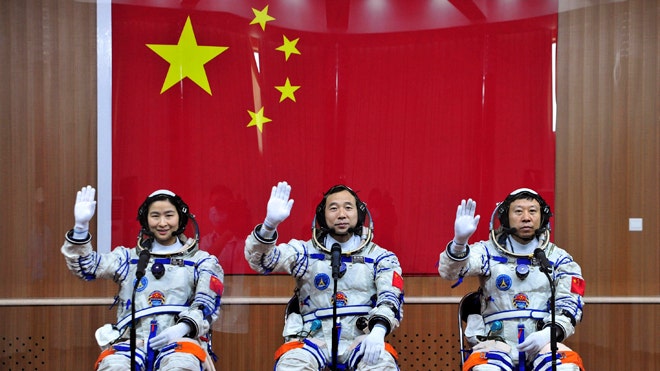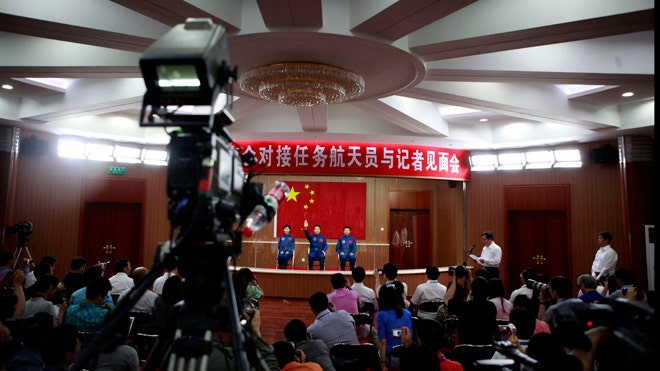China To Launch Its Own Space Station by 2020

share
China plans to launch a space station into orbit by 2020, China Daily reports.
The station will be made of three capsules — a core module and two modules for conducting experiments, with total weight of the station being 60 tons. China also plans to develop a cargo spaceship that will transport supplies to the station.
At 60 tons, China’s space station will be small compared to the International Space Station, which weighs 419 tons and is the only space station in orbit. Russian Space Station Mir, which was deorbited in 2001, weighed 137 tons. However, Pang Zhihao, a researcher and deputy editor-in-chief of the monthly magazine, Space International, said, “It’s only the world’s third multi-module space station, which usually demands much more complicated technology than a single-module space lab.”
The names and symbols for the space station will be selected by the public. People are invited to submit their suggestions now through July 25 either via www.cmse.gov.cn or an email to kongjianzhan@vip.qq.com. The results will be announced before the end of September.
China’s space program has a very busy schedule, with plans to launch the space module Tiangong-1 and the Shenzhou VIII spacecraft later this year and two more spacecrafts that will dock with Tiangong-1 next year.
Image courtesy of China Daily





 Reply With Quote
Reply With Quote





Bookmarks